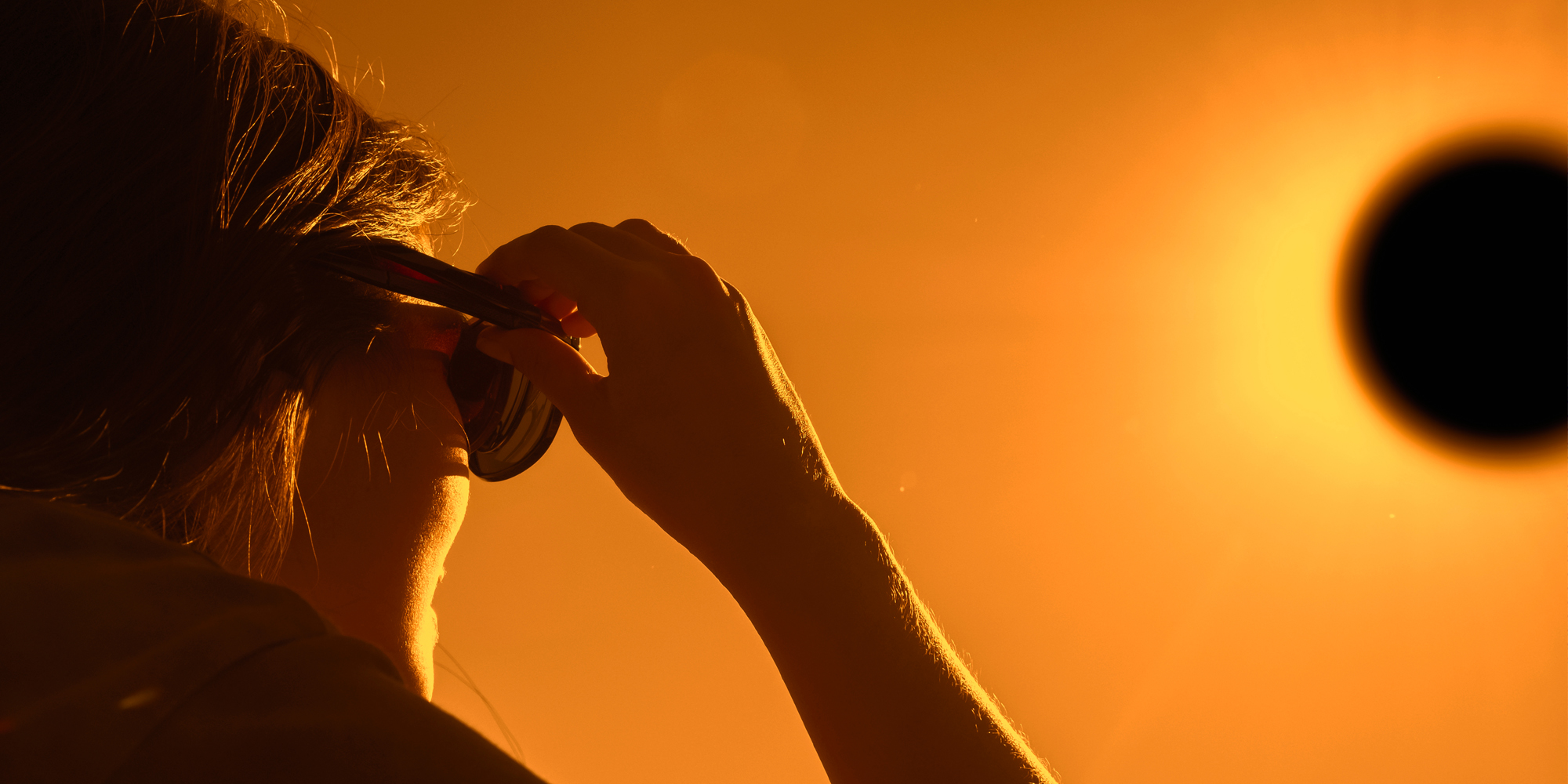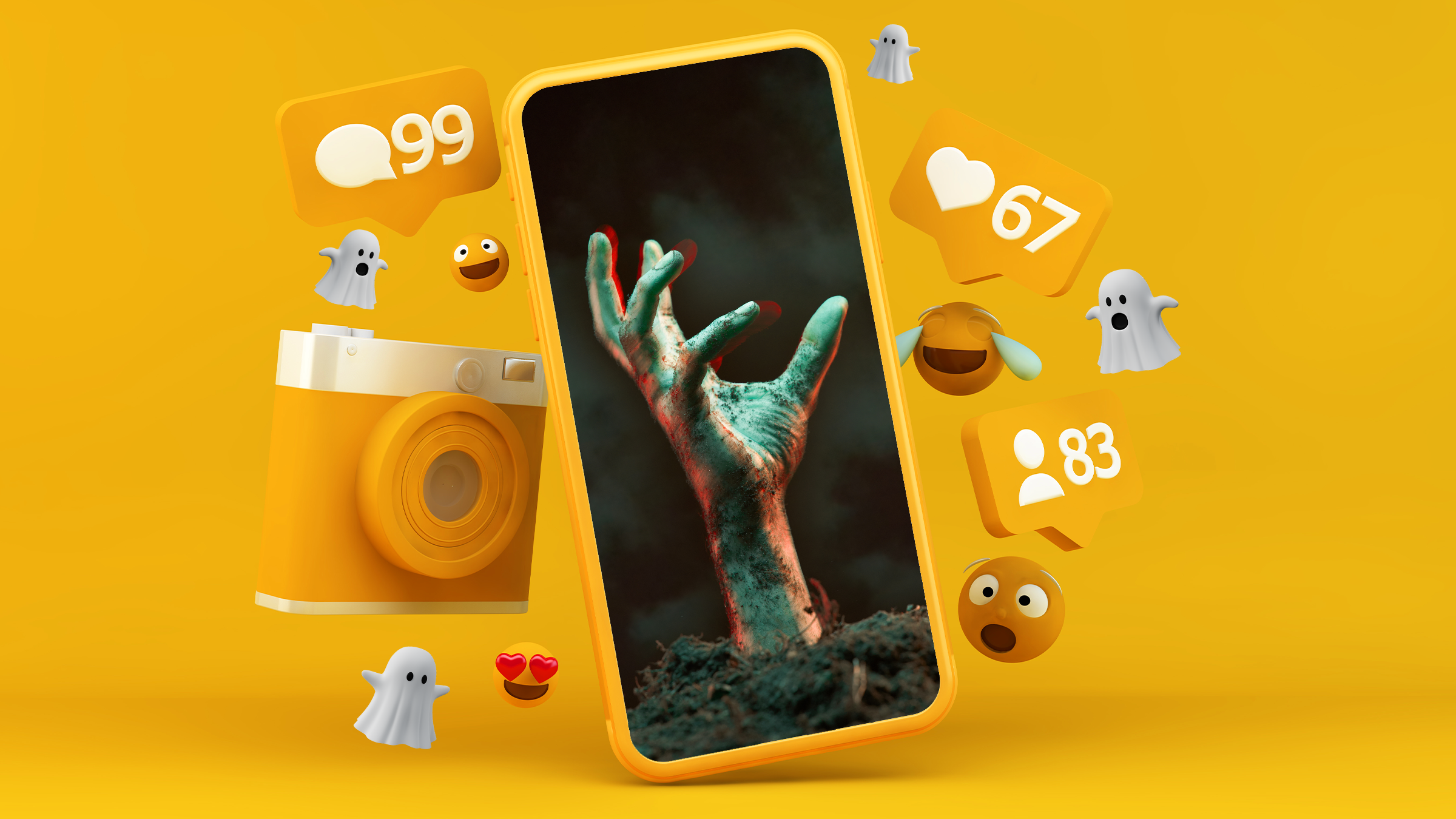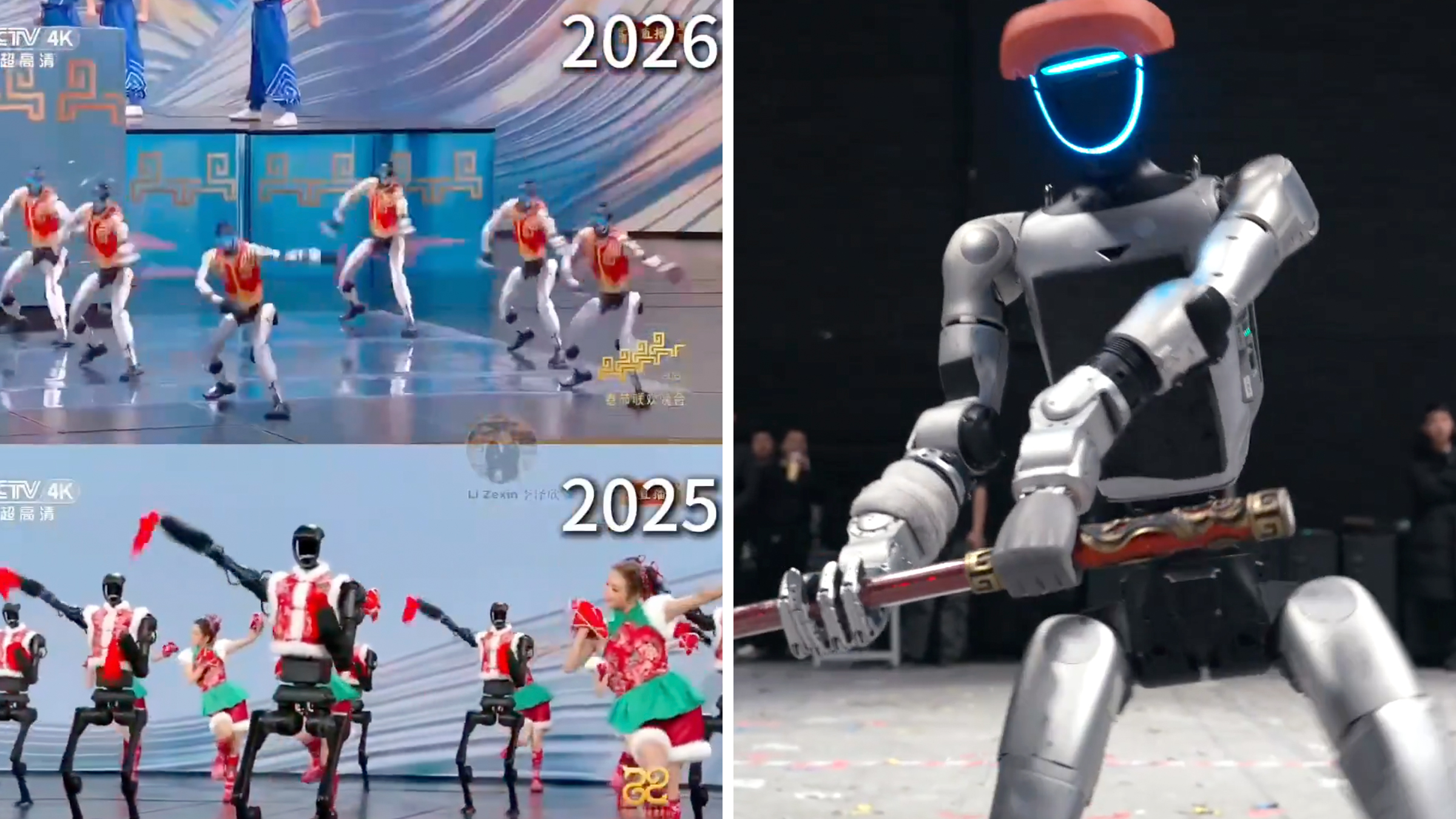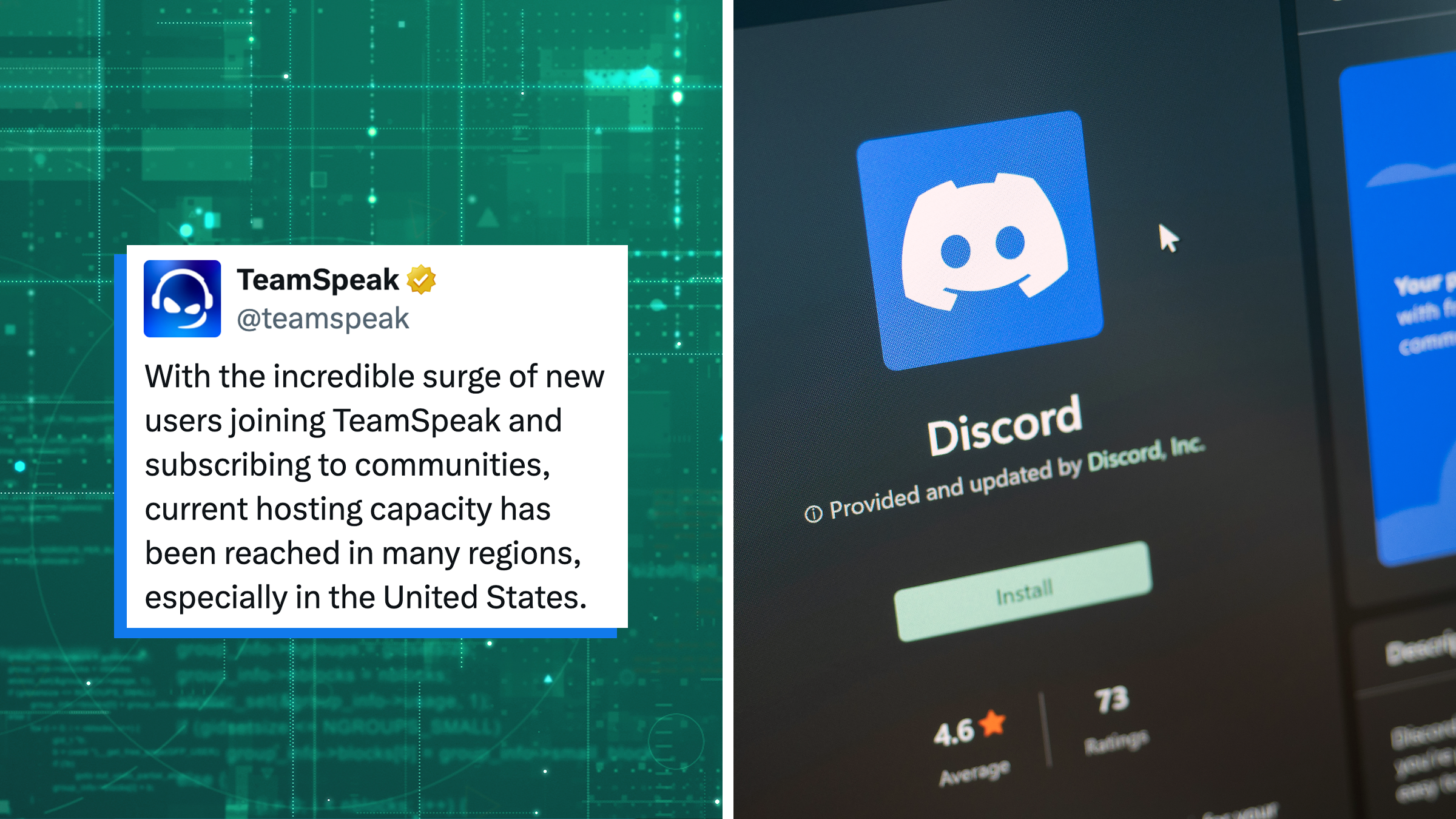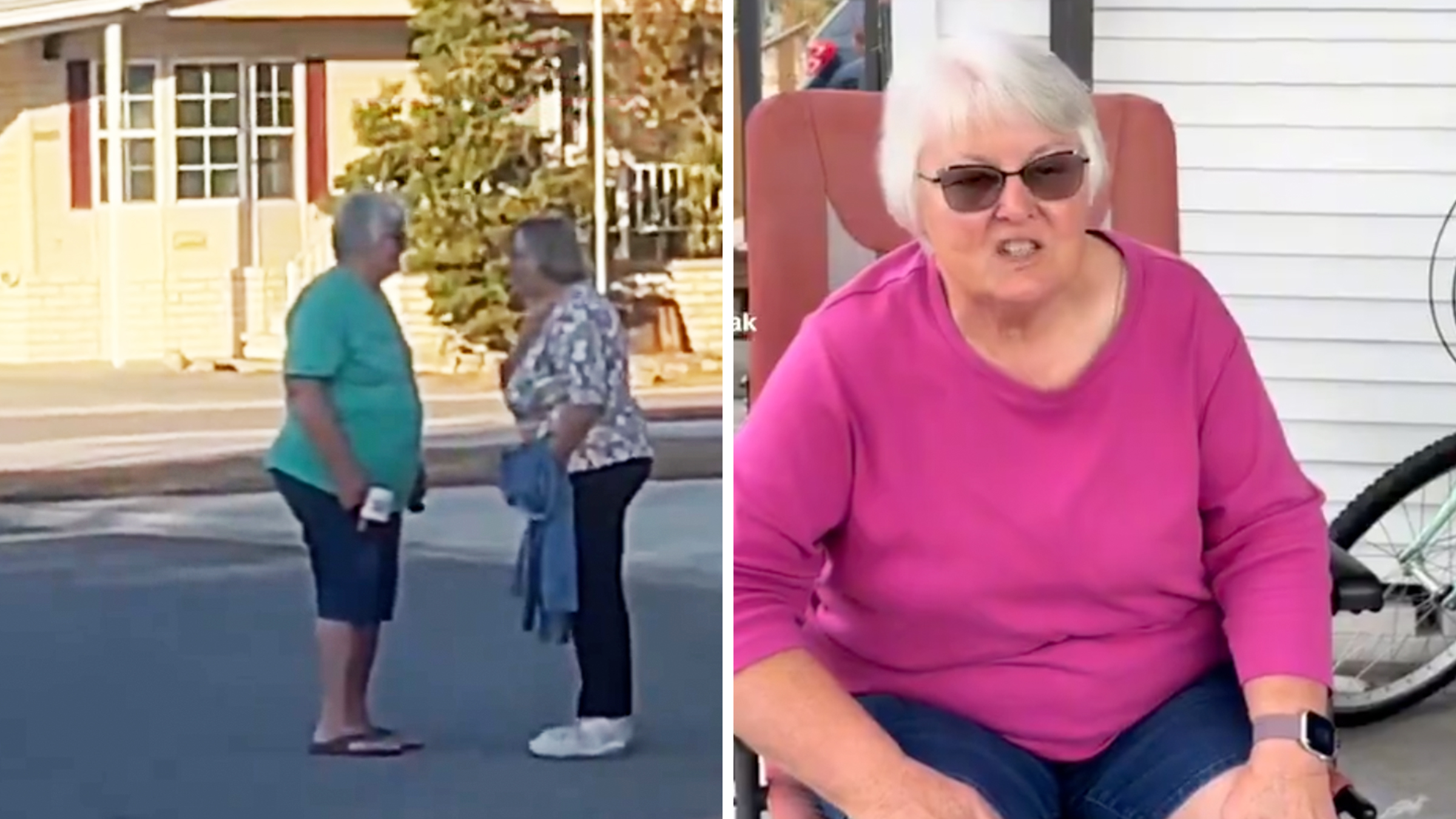In a TikTok clip that has captivated over 3.6 million viewers, @tuesdayhasnofeel highlights a curious and concerning trend related to the recent solar eclipse. The video, packed with condescension and a touch of humor, delves into why many might have been too fascinated by the celestial event, possibly to the detriment of their ocular health. "My eyes hurt," the TikToker reveals, showcasing Google Trends data that peaked during the eclipse, indicating widespread disregard for repeated warnings about the dangers of looking directly at the sun (and unlocking subsequent new fears).
"Every single person from Maine to Texas was interested in this thing," he notes, pointing out the direct correlation between the eclipse's path and spikes in eye pain inquiries across these states. The TikToker's sardonic commentary underscores a baffling lapse in common sense: "Congratulations, everyone. We've done it," he mocks, implying that many may have ignored the basic safety advice that has been around for ages—not to stare directly at the sun. Some people admitted to not following the elementary guidelines, then wondered on Google if they'd made a mistake.
"I was one of the googlers," admitted one person. "Hahaha. Wore my approved glasses and everything - but the hypochondriac in me still convinced my retinas are toast."
"I had to explain to my coworkers who have DOCTORATES why they shouldn't look at the eclipse without the glasses," said one commenter. The best comment said, "It's truly amazing how we as a species have made it this far."
"I work in ophthalmology, in the psych of the eclipse; I'll let ya know how many calls we get tomorrow morning," joked one commenter.
The Google Trends data presented in the clip reveals a significant spike in searches for "why do my eyes hurt" and "my eyes hurt" immediately following the eclipse. This trend was most pronounced in regions that experienced the eclipse's path of totality, with West Virginia showing an exceptionally high interest. The video is a post-event cautionary tale, illustrating the sometimes ignored human inclination to risk harm out of curiosity or disbelief.
Despite heavy media coverage and the wide availability of special eclipse glasses designed to protect viewers from the sun's harmful rays, many still chose to risk unprotected exposure. According to experts like those at the Adler Planetarium, looking at the sun without proper protection can cause solar retinopathy. In this severe condition, light damages the retina, and symptoms might not appear until hours after exposure.
For those who might have disregarded safety advice, the American Academy of Ophthalmology lists potential symptoms, including blurry vision, headaches, light sensitivity, and distorted vision. These symptoms can indicate serious, sometimes permanent, damage and should prompt an immediate visit to an ophthalmologist.
The next total solar eclipse isn't expected until 2045, providing ample time to reflect on and prepare better public education on eye safety during eclipses. Meanwhile, @tuesdayhasnofeel's video is a viral reminder of what can happen when awe-inspiring natural phenomena meet human foolishness. His closing comments, laced with irony and genuine concern, highlight a crucial takeaway: You probably shouldn't stare at the sun, no matter how cool it looks.
The Daily Dot contacted @tuesdayhasnofeel for comment.
